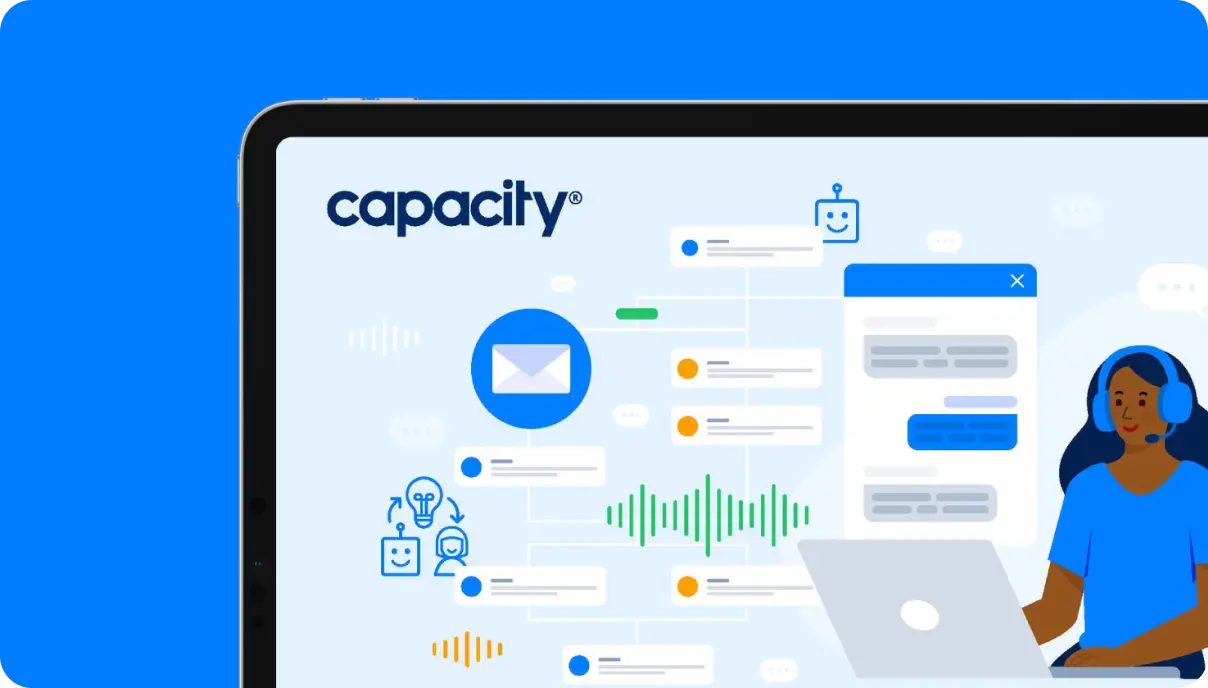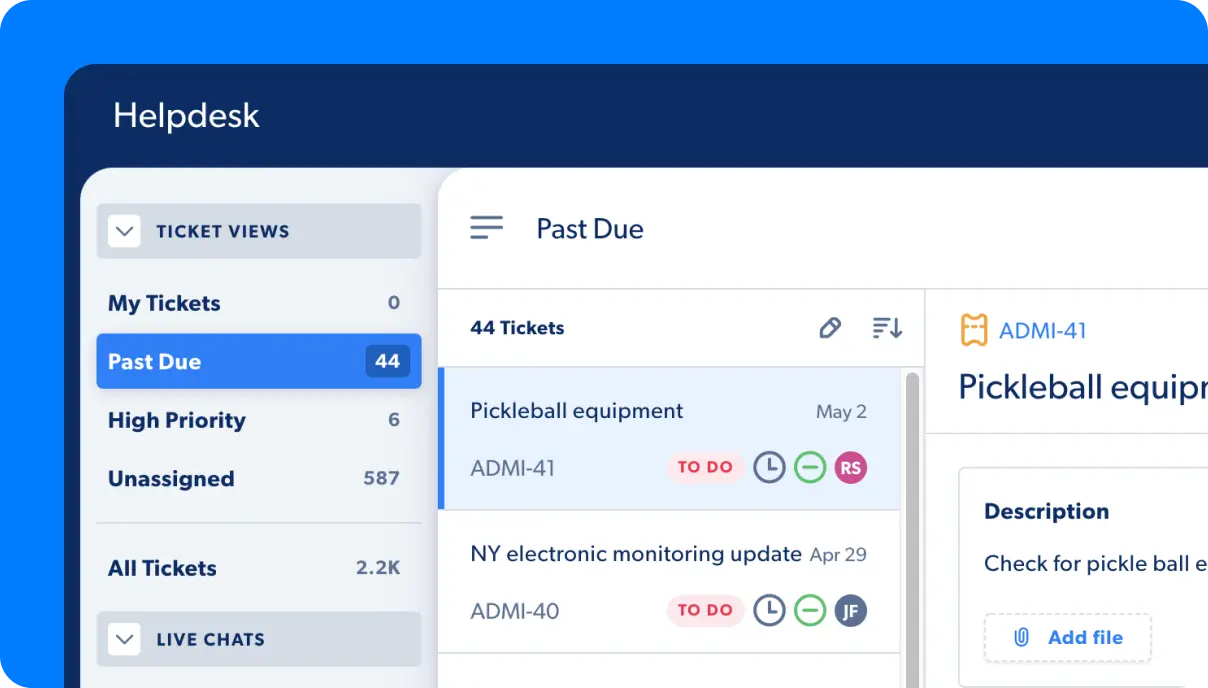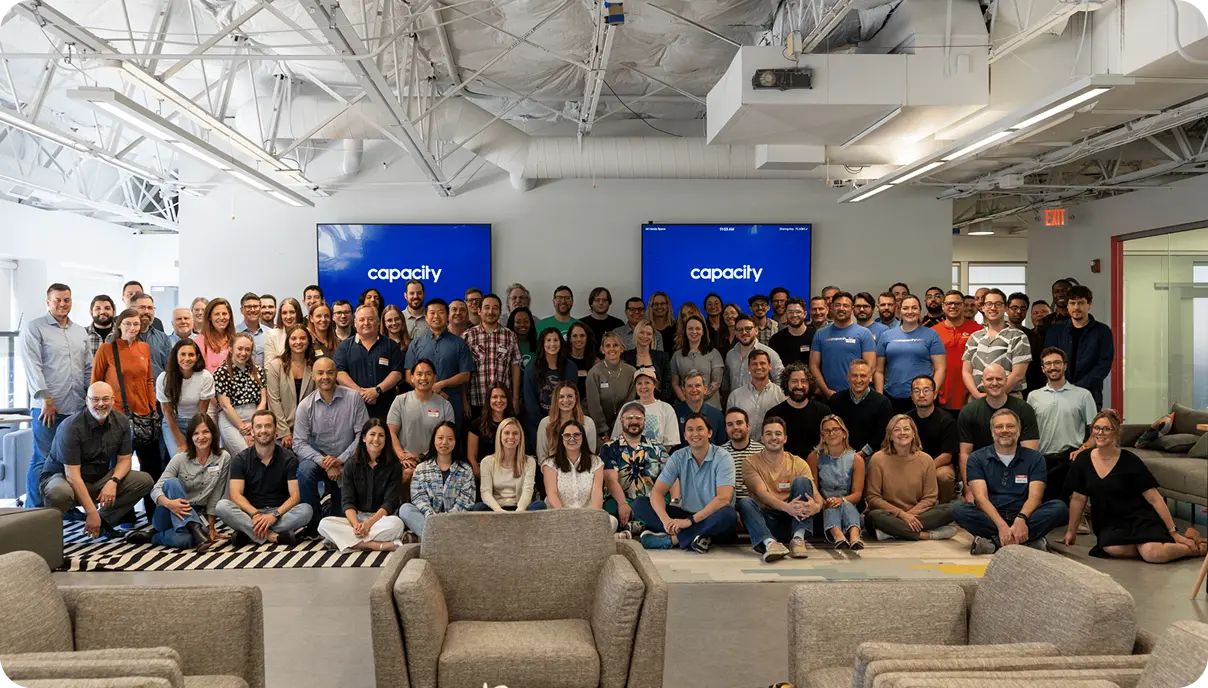The modern user experience online is based on search. Search engines like Google, Bing, and YouTube dominate the way we find information in our personal lives. The same trend has also led to the rise of enterprise search, the process of making internal data easily available and findable across the organization.
It’s a crucial need for a few core reasons. In a survey conducted by IDC, 60% of executives felt that time constraints and lack of knowledge prevented their employees from finding the information they needed to perform their job successfully. McKinsey, meanwhile, found that the average employee spends 20% of an average workweek just browsing for important information.
Enter enterprise search, a process specifically designed to alleviate this program of efficiency and quality. It’s a concept specifically designed to enhance knowledge sharing, improving the employee experience by making important information easy to access and leverage.
Increased efforts of digital transformation and the rising amount of data have led the enterprise search industry to grow significantly over the last few years. Still, you need to find a platform that can help you reach your goals. To accomplish that, look for these 5 features in your search for an enterprise search solution.
1. Automated indexing of new data.
New information gets fed into internal systems continually. ERPs, CRMs, and other platforms all gather data in often unstructured forms that need to be analyzed, categorized, and tagged. Formats can include SQL tables, MS Word, or PDF documents. An enterprise search solution should be able to automatically take in that new data and index it appropriately.
A platform that doesn’t just streamline but indexes and tags new data streams can become a core part of your digital transformation effort. It alleviates many of the issues that come with the sheer amount of available data, which is one of the biggest business challenges today. Automated processes to build an internal database of information for easy access can go a long way towards improving knowledge sharing across the enterprise.
2. Functionalities across the org chart.
At its best, enterprise search is far more than just a tool for data analysts or executive-level decision-makers. It’s a platform that employees across the organization can use, whether it be to help customers find crucial information about products and services or just to improve decision-making at both the strategic and tactical levels the platform must recognize.
The right search solution, then, builds on its information management and indexing efforts by providing access across the entire organization. It becomes part of a larger employee experience process, providing support for anyone from the c-suite to functional work teams. A central location for the information provides a single source of truth, while new data can be fed in regularly to improve the overall knowledge level within the organization.
3. Natural language processing capabilities.
To work the right way, an enterprise search solution needs to maximize its understanding of new inputs. These inputs, as discussed above, can come in through a variety of sources, and the platform must recognize those least structured of all: manual entries from individual employees. That’s what makes natural language processing (NLP) such a core part of modern search platforms.
NLP is, at its core, artificial intelligence. It learns with each manual import and can improve its ability to understand natural language with all its nuances and idiosyncrasies over time. That process happens in milliseconds, making sense of both what inputs are trying to communicate and how employees may search for this input. The result is a more natural flow of information input and output, optimizing the employee experience as a result.
4. Intuitive information architecture and UI.
Speaking of employee experience: naturally, especially in the age of Google, user experience is a core part of any internal search solution. The information architecture has to be absolutely on point to ensure a positive employee experience, as does the structure through which users can quickly and efficiently navigate through the system to find the information they need to perform their tasks.
So, when looking for an enterprise search platform, user experience should be a core consideration. The user interface of the integrated Knowledge Base, for instance, should be easy to use without any training, even for a first-time user. It’s the only way to ensure that the solution, intended to be an efficiency driver, has the intended effect and optimizes the workflow across your organization.
5. AI-enabled optimization.
Finally, the solution should be able to self-optimize to improve its experience, information, and indexing over time. That means looking for advanced analytics and machine learning capabilities, which can reveal and optimize trends and patterns in both your data and how your organization tends to access it.
In other words, it’s about much more than a linear keyword search. It’s about understanding and displaying intent, leveraging system-internal cognitive abilities to self-improve. Through AI and machine learning, the right platform can cluster and classify search terms to better understand context, improving its ability to deliver accurate, relevant, and succinct results for anyone who needs them in record time.
How to find an enterprise search solution for your needs.
Don’t be fooled by the number of vendors promoting their enterprise search capabilities. Not nearly all of them can offer all of these features, falling short of the needs of any organization looking to engage in the digital transformation of its employee experience. If you are truly looking to solve the business problem of information sharing, though, all five features are vital for success.
Are you looking for an enterprise search solution that can benefit your organization? Use this guide as a checklist to evaluate platform options that can help your business succeed. At Capacity, we’re proud of our solution as an AI-enabled employee experience and knowledge base tool optimized for modern, future-facing enterprise search.










































